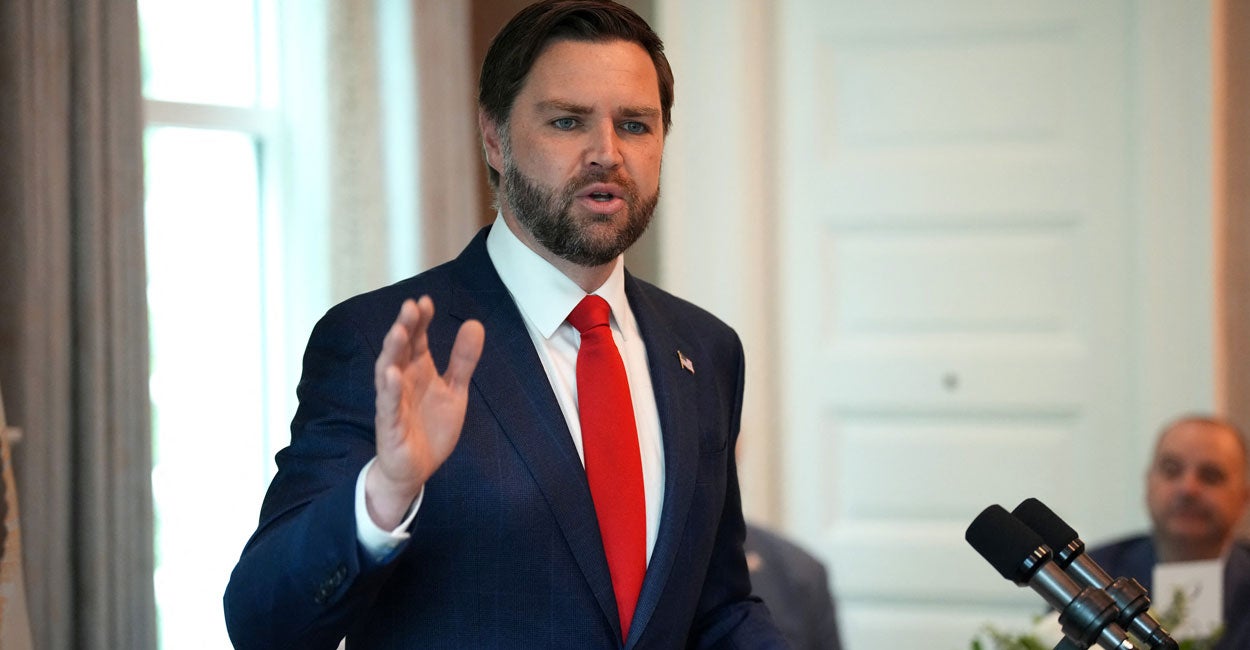


“[W]e’re not going to do amnesty in this country,” Vice President JD Vance declared emphatically Wednesday.
“We’re actually not going to tell people who’ve come into the country illegally that they’re allowed to break our laws and be rewarded for it,” the vice president explained in remarks to Jason Calacanis of the “All-In” podcast at a policy summit in Washington.
Rumors were swirling around Washington about whether an amnesty deal was on the table in Congress after conservative activist Charlie Kirk said in early July that there was a push among some lawmakers for the move. Several Republican lawmakers later introduced a bill to grant what has been characterized by some as amnesty to certain illegal aliens, including a pathway to citizenship for Deferred Action for Childhood Arrivals recipients, the so-called Dreamers.
The policy summit was hosted by the Hill and Valley Forum, a consortium of tech investors and lawmakers, and by the popular venture capitalist podcast. It featured some of the president’s most prominent supporters, including Chamath Palihapitiya, David Sacks, and David Friedberg. Sacks currently serves as the chairman of the President’s Council of Advisers on Science and Technology.
“There’s nothing discompassionate, or there’s nothing hateful, about enforcing your own borders,” Vance said.
The vice president noted that toleration of illegal immigration facilitated the Mexican cartels trafficking of drugs and human beings and left thousands of illegal immigrant children unaccounted for after they came into the U.S. during the Biden administration.
Vance said the decision to reject amnesty was direct from President Donald Trump, noting that “while he listens to everybody, he’s also going to make the decisions that he thinks are best for the country, and then we go and execute that after, of course, having a big conversation around the inner circle.”
The vice president said that the Trump administration has “to talk about this stuff and try to come up with the right decision.”
Vance told the tech titans that automation was one answer to labor shortages that might occur in the agricultural sector as a result of enforcing American immigration law.
“I actually think there’s a lot of evidence that the American agricultural economy is a little behind the eight ball when it comes to using technology. There are ways where we’re talking about facilitating the use of automation,” the vice president contended, adding:
[W]e’re not going to have amnesty, but we also recognize that there are a lot of industries out there we want to thrive.
The vice president has taken a prominent role in the administration over its first six months, breaking a number of ties in the Senate to advance major legislative goals of the president, such as the One Big, Beautiful Bill and confirming Trump’s pick to be secretary of defense.
